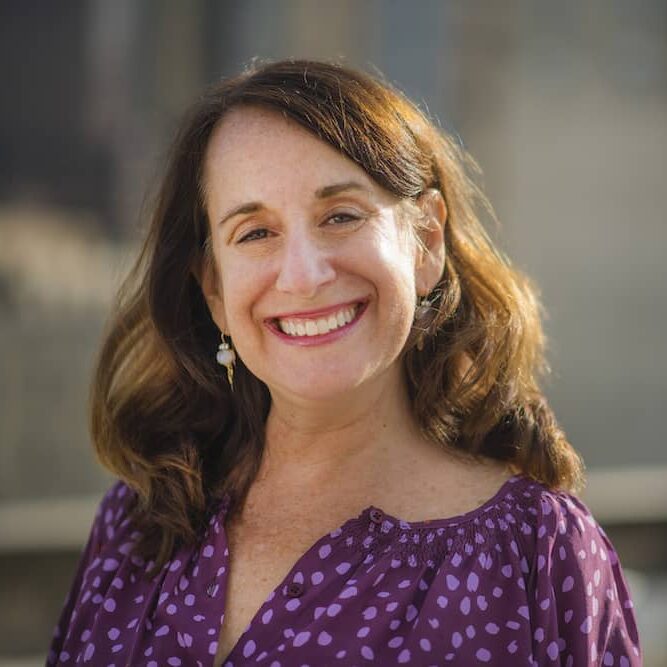Something big happened this week here at the Colorado News Collaborative’s headquarters. Six Coloradans representing six communities often bitterly divided over problems with the state’s mental health safety-net system sat down together on our (very long) couch.
As we and our news partners have been reporting for months, what ails Colorado’s system of providing behavioral health care to Medicaid recipients and people who are indigent can be painful, deeply political and prickly to discuss. There is a tendency not only for people experiencing mental health challenges in a state with high stigma, but also for leaders of community mental health centers – long the main sources of safety-net care – and public officials to bury their heads in the sand.
Our six panelists defied that tendency Tuesday.
Russell Goodman of Steamboat Springs described years of feeling he had failed as a father because he couldn’t find treatment for his teenage daughter’s severe mental illness.
Summit County Commissioner Tamara Pogue, fed up with her constituents struggling to receive care from their local community mental health center, Mind Springs Health, called for the state to let her county government take control of the tax dollars that fund it. Dr. Carl Clark, the longtime head of the Mental Health Center of Denver – newly rebranded as “WellPower” – warned that certain mental health services in Colorado could be “decimated” if plans like Summit County’s move forward and strip funding from the centers.
Lauren Snyder of the advocacy group Mental Health Colorado said meaningful reform won’t happen until the system makes more aggressive efforts to serve people who are homeless and in jail.
“We need to go to them and stop asking them to come to us,” she said.
Colorado Public Radio reporter Ben Markus spoke of the secrecy he faced when recently investigating how community mental health centers thwarted a state effort in 2014 to improve services for Coloradans in crisis.
Dr. Morgan Medlock, the crisis psychiatrist, addiction specialist and preacher newly appointed as Colorado’s mental health care czar, had this diagnosis of the safety-net system she is tasked with reforming:
“Trust is broken in this state across all lines and… this entire system in Colorado feels extremely traumatized to me…”
Tuesday’s was not one of those scripted forums that politicians and philanthropists sometimes convene to paint the sausage-making process of public policy reform in a pretty light. It was, rather, an act of journalism, of sifting through bullshit and cultivating candor, and of showing audiences both in the TV studio here in the Buell Public Media Center and watching online via live-stream statewide what conversations with our sources on COLab’s ongoing “On Edge” series are like.
Tuesday’s panelists – like people experiencing or working with mental health challenges in every community throughout our state – teetered between cynicism and hope.
Cynicism in that Coloradans have heard many promises over the five decades since the safety-net system was created that the state will ensure the accountability and transparency it sorely needs.
Hope because more people than ever are openly discussing mental health and addiction. And because the last few years have laid bare the desperation for massive reform, which was passed by state lawmakers last week, that breaks community mental health centers’ monopoly on safety-net care and prevents any publicly-funded provider from refusing to treat Coloradans with severe mental health conditions. And also because, people on all sides of the debate tell us, there is something about Medlock, the state’s new mental healthcare chief, that gives them faith she will bring about meaningful change.
“This is a new day in Colorado,” she said Tuesday. “This is truly a new day.”
This post was sent as a letter to our email subscribers on Friday, May 20, 2022. Join our email list to learn more about COLab and the work we are doing.




